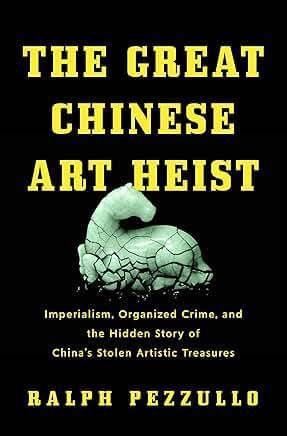Chapter One
"I can't believe I left Little Rock for this bullshit." —
Vincent Foster in his suicide note
It was a Saturday in March of 1993. March 13, 1993 to be exact, and the snow outside was falling in a steady hiss. A solidly built gray-haired man in a cream-gold Acura cursed his bad luck. He could barely see five feet in front of him as he skidded from one side of I-95 to the other. Time seemed to be suspended in the magical white world beyond his windshield. He thanked God there was no one else on the road.
But Lawrence Pezzullo had to get to Washington. After all, the sixty-seven-year-old career diplomat was on his way to his first meeting with President Clinton at the White House. It was a moment he had been waiting for; a culmination of his 40-year involvement in international affairs.
Only two weeks earlier Pezzullo had been called by Peter Tarnoff at his office at Catholic Relief Services headquarters in downtown Baltimore. He had known Peter in the Carter administration when Tarnoff was head of the State Department Secretariat and Pezzullo was serving as Ambassador to Uruguay and, then, to Nicaragua. Since then Peter had directed the prestigious Council on Foreign Relations, located on Park Avenue in New York City. Now Tarnoff was the Deputy Under-Secretary of State for Political Affairs.
“Larry, we would like you help us on the Haiti issue," Tarnoff said. "I'm sure you've been following it in the newspapers.i Pezzullo knew from news reports that a Catholic priest, Jean-Bertrand Aristide, had been elected President of Haiti in December 1990 by 67% of the voters. A military coup had deposed him nine months later after charges that he had violated the constitution and incited mobs to "necklace" his opponents. Since then international efforts to restore Father Aristide to power had failed.
"Peter, I'm flattered," Pezzullo answered. "But I'm running Catholic Relief Services and I can't just bug out." Actually, Pezzullo had been the head of Catholic Relief Service for ten years and was intrigued by the offer to get back into the foreign policy work he loved.
Two days later Tony Lake called. A fair-haired, preppy-looking man with an affable manner, Lake and Pezzullo went back to the early '60s when they were both junior foreign service officers and played together on a championship softball team. They had also served together in the U.S. Embassy in Saigon during the days of Madame Nhu and the Tonkin Gulf Incident. But fortunes turn. In the early days Pezzullo had played shortstop, while Tony was a late-inning sub. Now Lake was President Clinton's new National Security Advisor. Depending on one's perspective he was either the most influential man in the making of U.S. foreign policy, or the second most important after Secretary of State Warren Christopher.

